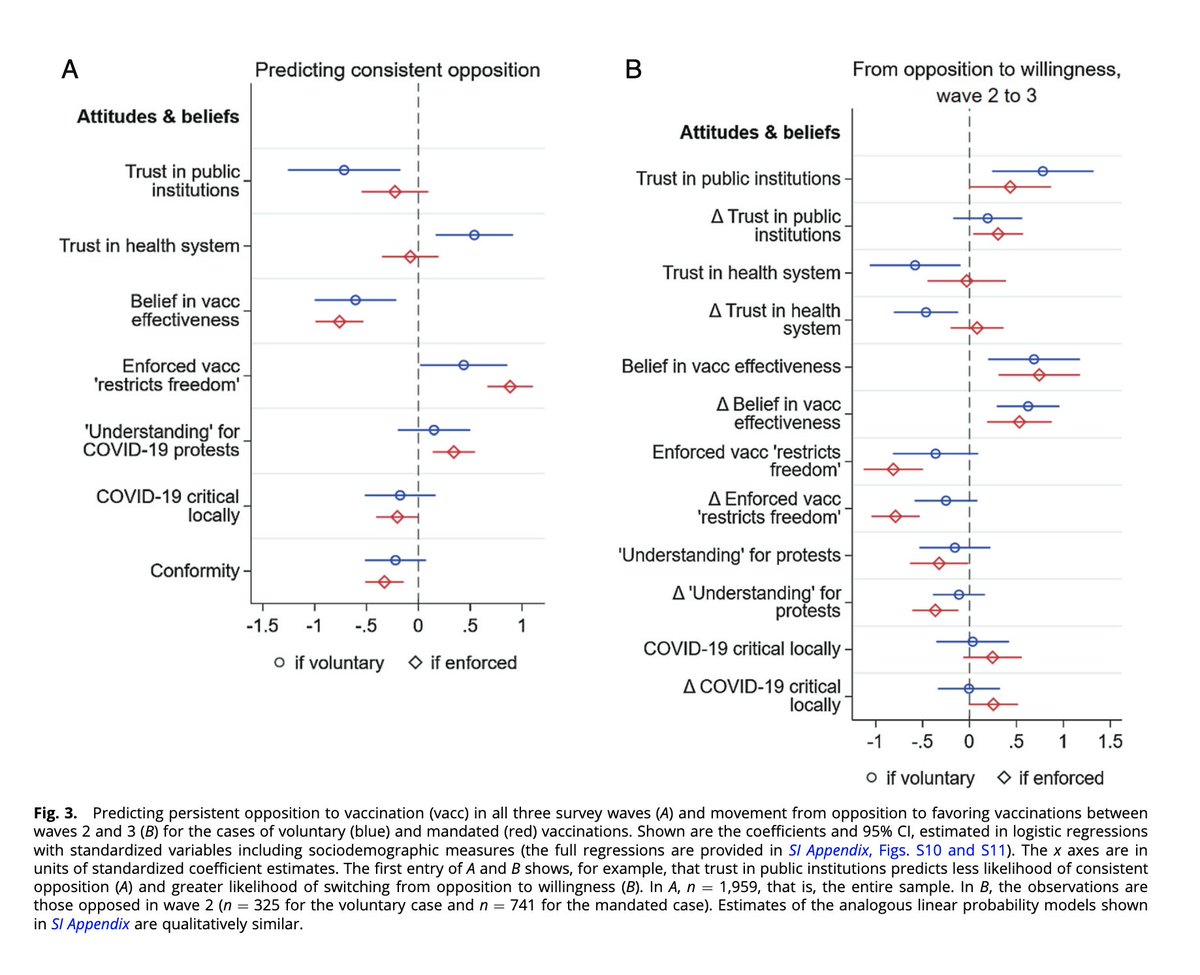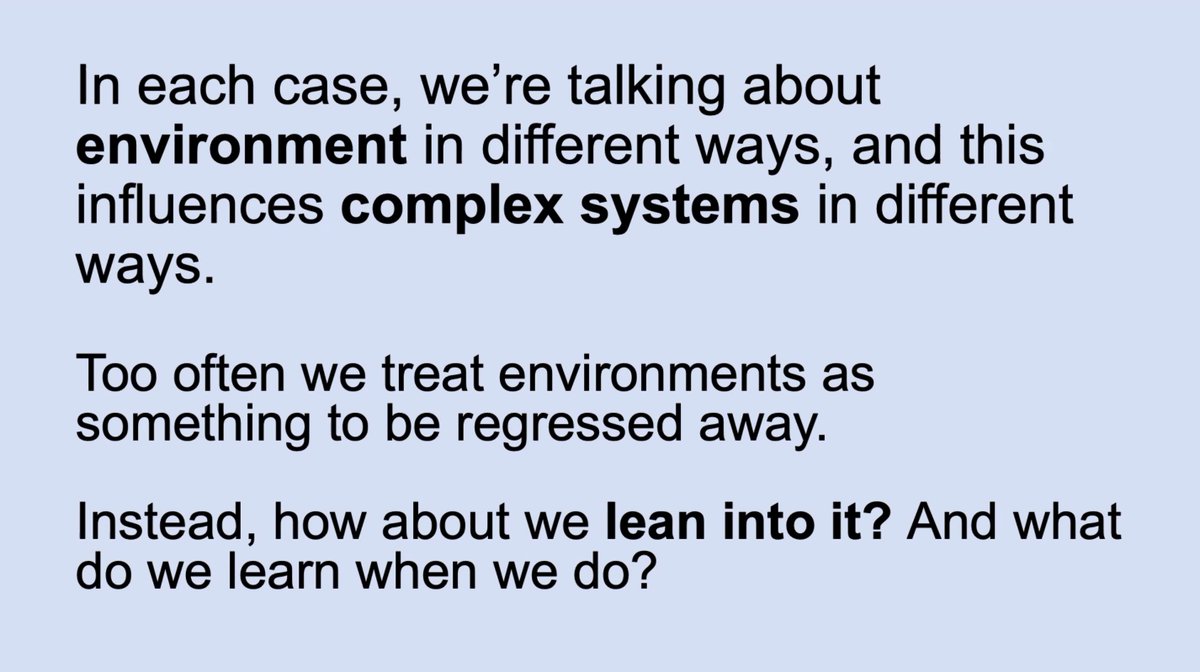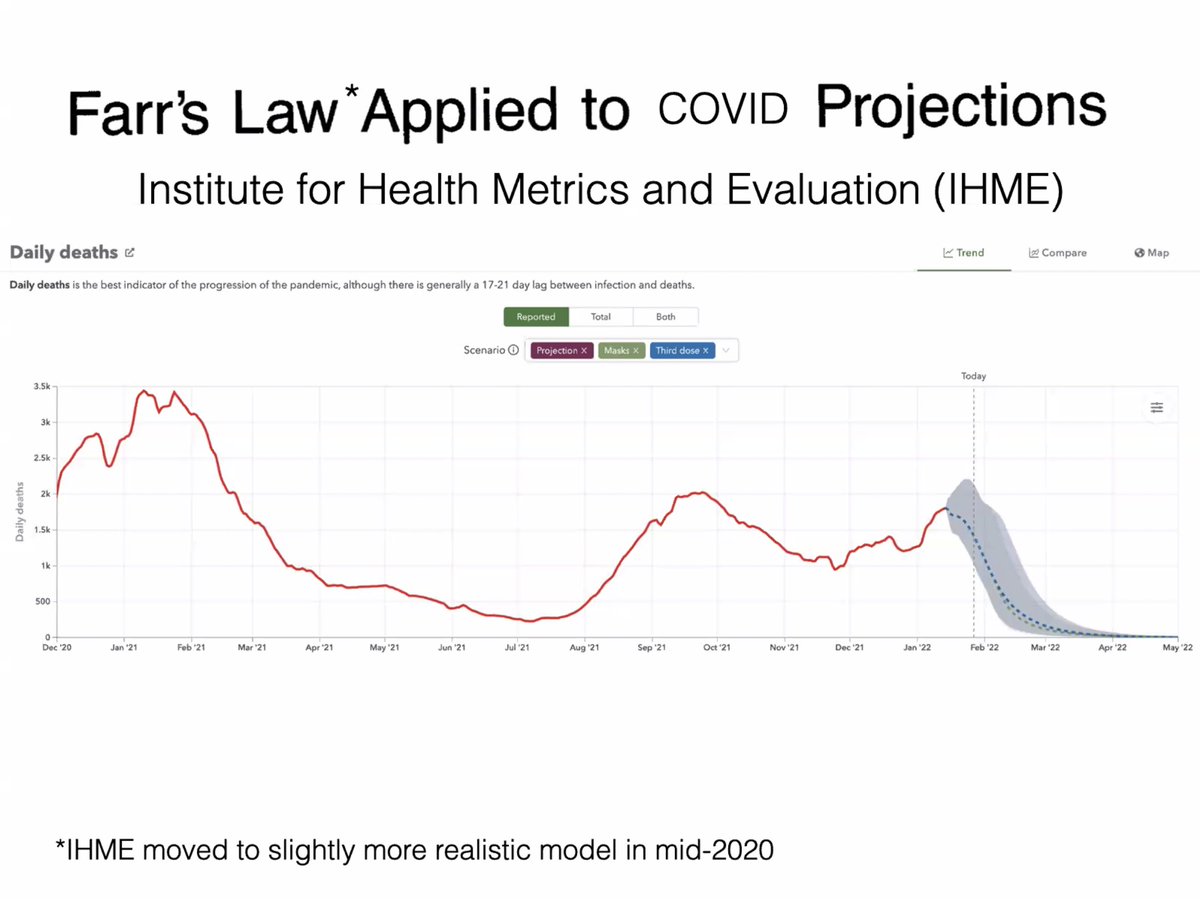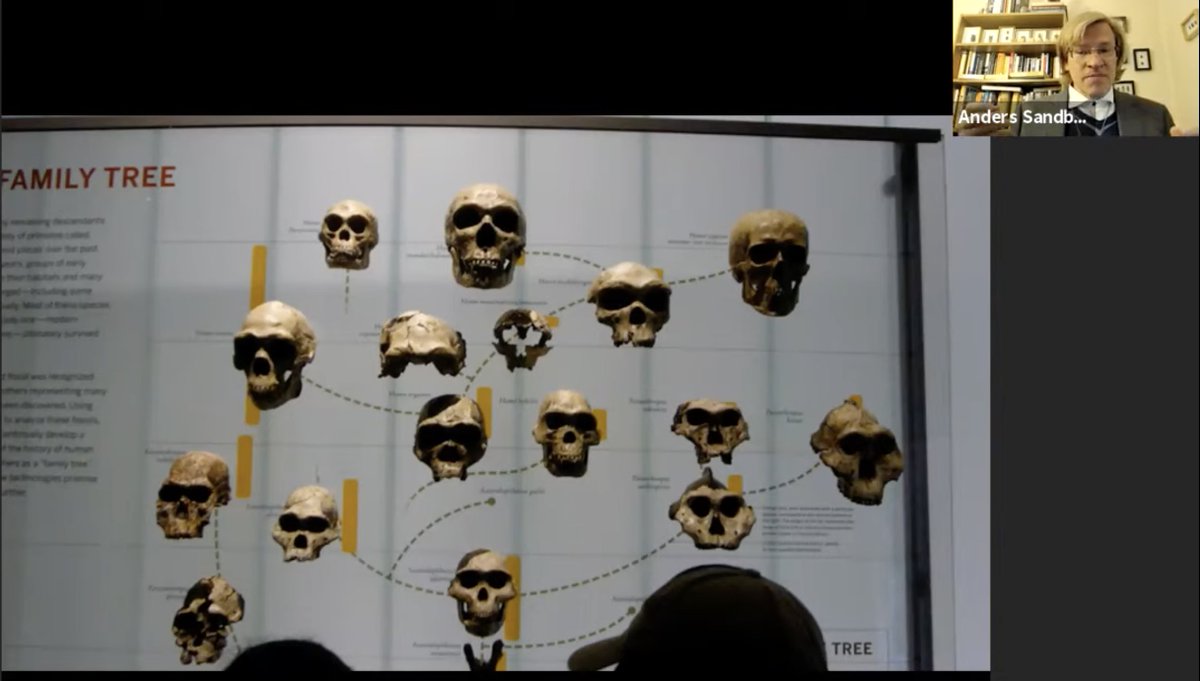
“We looked at the price of #coal over 140 years. Mines are much more sophisticated, the technology for locating new deposits is much better. Prices have not come down.”
- SFI's Doyne Farmer (@INETOxford)
@billmckibben on #Petro v #CleanEnergy @NewYorker:
newyorker.com/news/essay/in-…

- SFI's Doyne Farmer (@INETOxford)
@billmckibben on #Petro v #CleanEnergy @NewYorker:
newyorker.com/news/essay/in-…


For more on the #CleanEnergy transition, check out this press release, 44-page report, and video presentation on the science and economics supporting the argument for NM to make the leap — authored by SFI Profs Blumsack, Hines, Moore, and Trancik:
santafe.edu/research/proje…


santafe.edu/research/proje…



And for more Doyne Farmer, check out our conversation with him last year on #ComplexityPodcast, in which we discuss his work on the declining cost of #WindPower & #Solar (but not #Nuclear) in the broader frame of #ComplexityEconomics:
complexity.simplecast.com/episodes/56
complexity.simplecast.com/episodes/56
Farmer also wrote "The Future of #ComplexityEconomics: Better Solutions to the World’s Problems" the afterword to the collected proceedings of our 2019 Symposium on the subject, available through @SFIPress:
sfipress.org/books/complexi…
sfipress.org/books/complexi…

• • •
Missing some Tweet in this thread? You can try to
force a refresh



























